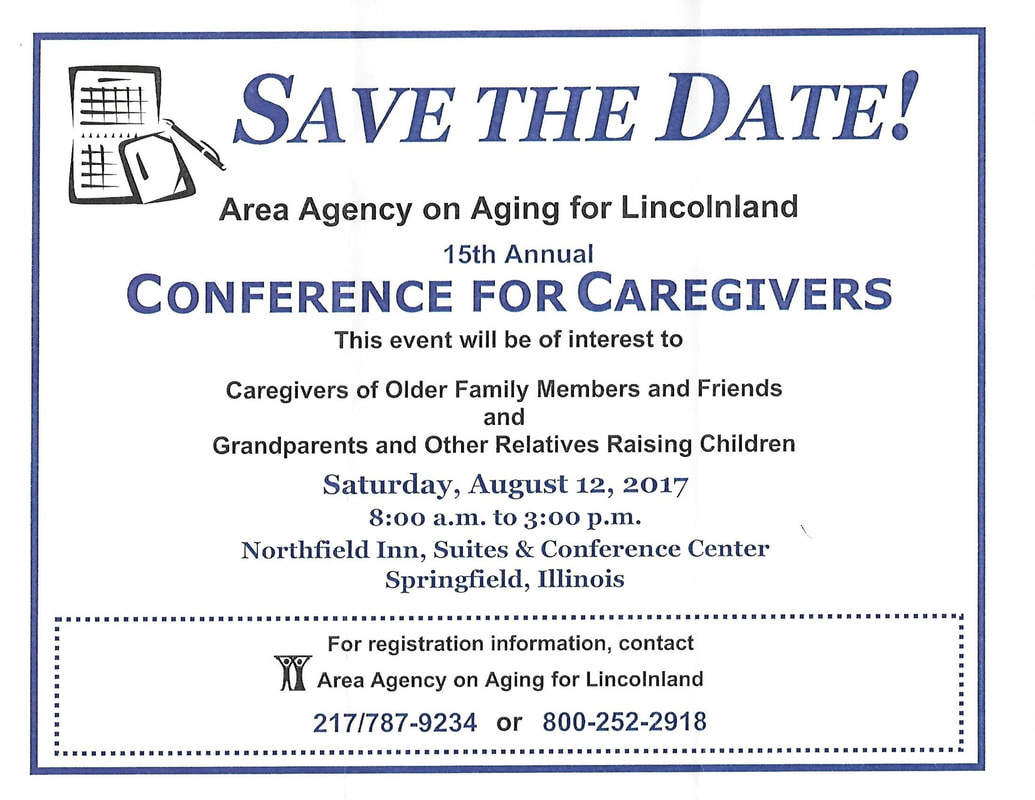|
When I begin discussing caregiving, some families respond; “We’ll keep it in the family.” Others comment; “We’ll do it the way our parents took care of their parents”. Caregiving traditions are fine. However, today’s caregiving is different in a number of ways.
These circumstances mean caregiving is a more complex, longer-lasting process working very differently than in previous generations.There are many legal and financial implications for elders and their families as they enter the newest phase of life; the caregiving phase.Our employer’s expectations have not kept up with these demographic changes. Our care systems have not caught up with the need for caregiving support. Our health systems have not even tracked the impact of elder caregiving on the adult children trying t0 shoulder this responsibility. Expecting do-your-own-caregiving is laudable, it may not be feasible. We are a society in transition. Until our society establishes the systems necessary to track, to develop and to adjust to elder caregiving, we must find other ways to fill these gaps. Professional advice on elder caregiving is as important as professional legal and financial advice. There are courses for caregivers. There are legal and financial preparedness classes as well. The courses can help but only if we take them. We decided to prepare to have babies, or prepare to drive cars. We must decide to seek expert advice to prepare us for our transition from ancient forms of elder caregiving to a modern one. Senior Sidekicks offers a course; Preparing to Parent Your Parent.
0 Comments
This year, on August 12th, Senior Sidekicks is honored to present at the 15th Annual Conference for Caregivers on the topic of depression. Our mission is to support elder caregivers so this opportunity is especially meaningful to us. Senior Sidekicks will discuss elder depression as well as its affect on the caregiver’s health and state of mind. The Conference for Caregivers is unique in several ways: It was one of the first in the country to highlight the role of elder caregivers. While there is some national conversation about our aging population, its impact on caregivers has not been on the radar. Second, this conference has been self-supporting since its inception. Even through past budget issues, this conference continues on its own. Third, the conference offers respite services to those caregivers who need it in order to attend. How many other caregiver-oriented functions offer respite? Fourth, this conference surveys caregivers who attended on topics they request. Caregivers shaped this year’s conference. We look forward to seeing you! A friend of mine recently asked about what to bring someone in a nursing home who “had a breakdown” following the death of the partner. One of my replies was; “bring yourself”. Aging doesn’t grant us immunity from depression, life happens and we suffer losses. These situations often lead to feeling blue or depressed. That would be true for any age group. However, our society equates age with being depressed. We need to advocate for a change in that viewpoint.
Why do older people often seem depressed?
When these things occur, does medicine consider treating the depression? More than once I have heard medical personnel begin their discussion with the words, “Well this person is elderly.” Age is a stage of life, not a disease. A person who suffers from depression is no different than a person who suffers from anything else. We should be looking for the causes at any age. Patients who receive treatment for depression do better on recovery from physiological conditions than those whose depression is ignored. Depression can lead to other losses. Another senior told me his friend had finally married a long-time girlfriend. He had a heart attack and they got a divorce. The senior did not see the connection but I did; an untreated depression could have contributed to the marital problem. What about antidepressants? Sometimes they work and sometimes they don’t. Medications are tested people who are under age 65. If your senior is 75, 85, or 95+, they are in a different place physically than they were earlier in life. Think about this in terms of yourself. Consider your age, and think back 30 years. What were you doing? How was your health? What was your energy level? Are you the same as you were then? Why do we expect medications to work the same way on seniors who might be 30+ years older than the test group? Thus, it was no surprise to me that the friend in the nursing home also had “struggled with her antidepressants”. What about other forms of intervention? A senior who has lost a spouse might benefit from Cognitive Behavioral Therapy. What grief support groups were brought to this person? Notice I said “brought to”. When depression hits, it may sap the sufferer’s ability to get themselves to the group. Support/help to get a person to the group might be necessary at first. CAUTION: When you hear statements like “ending it all, no use in living, hopeless, or thoughts on death”; call for help. This level of depression requires more drastic intervention. While emergency situations call for drastic measures, those should not be the only ones employed. What other things could you do to help a person suffering from depression?
In my decades of work with seniors, I look at the person first; who were they? What used to matter to them? What would help them restore a part of their life to what it was? Then, I look at many ways to respond. I consider what makes the suffering person better, not what makes it convenient for the staff. Giving a pill and walking away won’t do it. Bring yourself; the present of your presence is the best medicine. |
Author "A Senior Moment" is written by Ms. Sara Lieber, owner of Senior Sidekicks. Ms. Lieber has over 30 years of experience in senior care. Archives
March 2024
Categories
All
|




 RSS Feed
RSS Feed